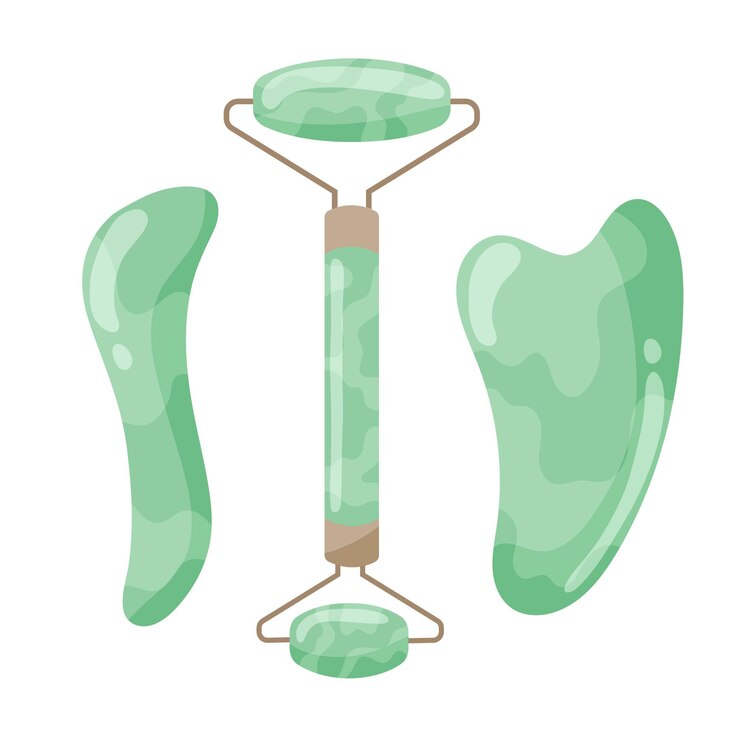Pelvic Floor Physical Therapy in Edmonton. Pelvic floor physical therapy […]
Work-Related Injury: Harnessing the Benefits of Physiotherapy for Recovery
Work-Related Injury:
Work-related injuries can have a significant impact on an individual’s physical and mental well-being, as well as their ability to perform their job effectively. However, with the help of physiotherapy, those who have experienced work-related injuries can find a path to recovery, regain functionality, and return to work with confidence. In this blog, we will explore the benefits of physiotherapy in the context of work-related injuries. By understanding how physiotherapy plays a vital role in rehabilitation and injury prevention, individuals can make informed decisions about their treatment options and ensure a successful recovery process.
I. Understanding Work-Related Injuries. Work-related injuries encompass a wide range of physical conditions that occur as a result of employment activities. These injuries can affect various parts of the body, including the musculoskeletal system, joints, soft tissues, and more. Common work-related injuries include:
- Musculoskeletal Disorders (MSDs): These include conditions like strains, sprains, tendonitis, and repetitive motion injuries, often caused by overexertion, poor ergonomics, or repetitive tasks.
- Back and Neck Pain: Prolonged sitting, heavy lifting, poor posture, or accidents can lead to debilitating back and neck pain.
- Cumulative Trauma Disorders: Conditions such as carpal tunnel syndrome, bursitis, or tennis elbow develop gradually over time due to repetitive movements or sustained pressure on specific body parts.
II. Role of Physiotherapy in Work-Related Injury Rehabilitation. Physiotherapy plays a crucial role in the rehabilitation process following work-related injuries. It focuses on restoring mobility, reducing pain, improving strength, and optimizing functionality. The benefits of physiotherapy in this context include:
- Pain Management: Physiotherapists employ a variety of techniques, such as manual therapy, therapeutic exercises, and modalities like heat or cold therapy, to alleviate pain caused by work-related injuries.
- Restoring Functionality and Range of Motion: Through targeted exercises and stretches, physiotherapy helps individuals regain their range of motion, flexibility, and strength, enabling them to perform work-related tasks more effectively.
- Work Conditioning and Work Hardening Programs: Physiotherapists can design specialized programs to gradually prepare individuals to return to their specific job demands. These programs focus on improving endurance, stamina, and functional abilities.
- Ergonomic Assessments and Education: Physiotherapists evaluate the workplace environment, identify ergonomic issues, and provide recommendations to prevent further injuries. They also educate individuals on proper body mechanics and ergonomics to reduce the risk of future injuries.
III. Injury Prevention and Workplace Education. In addition to rehabilitation, physiotherapy plays a vital role in preventing work-related injuries. Physiotherapists can contribute to workplace education initiatives by:
- Ergonomic Training: Physiotherapists educate employees about proper posture, body mechanics, and ergonomic principles to minimize the risk of injury while performing work tasks.
- Manual Handling Techniques: Physiotherapists teach safe lifting, carrying, and handling techniques to prevent strains and sprains associated with manual labor.
- Exercise and Strengthening Programs: Physiotherapists design customized exercise programs that target areas prone to injury, strengthening muscles and improving overall fitness to minimize the risk of work-related injuries.
IV. The Holistic Approach of Physiotherapy. Physiotherapy embraces a holistic approach to treating work-related injuries. It considers not only the physical aspects of the injury but also the mental and emotional well-being of the individual. The holistic benefits of physiotherapy include:
- Mental Health Support: Work-related injuries can often lead to feelings of frustration, stress, and anxiety. Physiotherapists provide emotional support and guidance throughout the recovery process, promoting mental well-being and helping individuals cope with the challenges they may face.
- Patient Education and Empowerment: Physiotherapists empower individuals by providing them with knowledge about their condition, injury prevention strategies, and self-management techniques. This education equips individuals with the tools to take an active role in their recovery and reduce the likelihood of future injuries.
- Rehabilitation Support: Physiotherapists work collaboratively with other healthcare professionals, such as occupational therapists, physicians, and psychologists, to ensure a comprehensive and integrated approach to rehabilitation. This multi-disciplinary approach addresses the diverse needs of individuals, enhancing the effectiveness of treatment and promoting overall well-being.
Work-related injuries can have a significant impact on individuals’ lives, affecting their physical health, job performance, and overall well-being. However, with the assistance of physiotherapy, individuals can effectively recover from these injuries, regain functionality, and prevent future occurrences. Physiotherapy offers a wide range of benefits, including pain management, restoration of functionality, injury prevention, and a holistic approach to rehabilitation. By seeking physiotherapy treatment, individuals can receive personalized care, guidance, and support to navigate the challenges of work-related injuries successfully. Remember, prioritizing your health and seeking the assistance of a qualified physiotherapist can make a remarkable difference in your recovery journey and help you return to work with confidence and improved overall well-being.
Take the first step towards your healing journey by contacting Millwood Physio in Edmonton today. Experience their commitment to your health and witness the transformative impact of physiotherapy on your well-being.
Contact Millwood Physio in Edmonton: 📞 Phone: 780) 440-9003 🌐 Website: https://millwoodsphysio.com/





